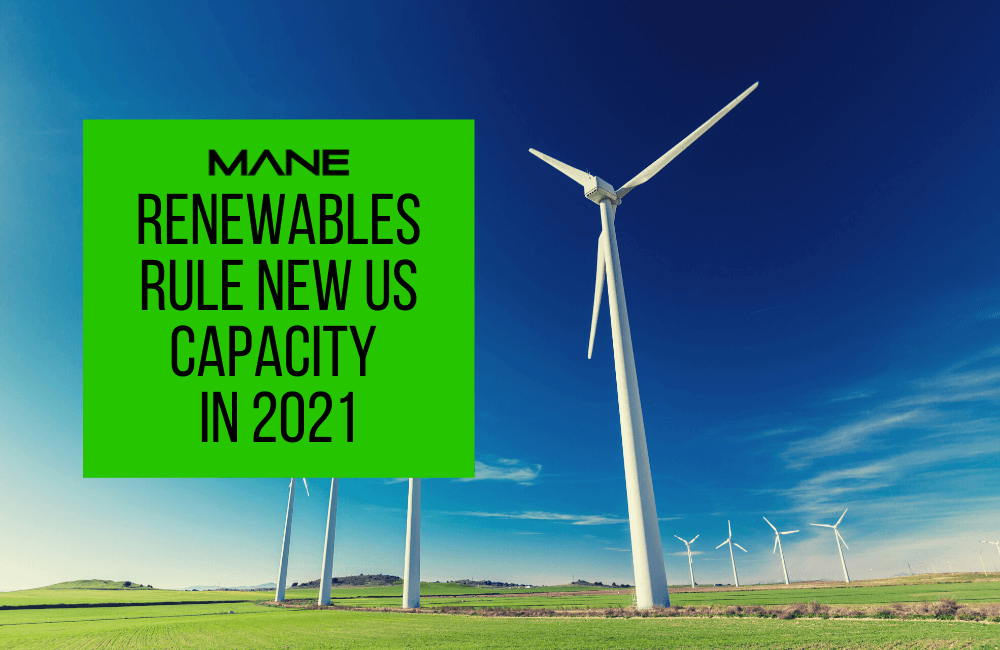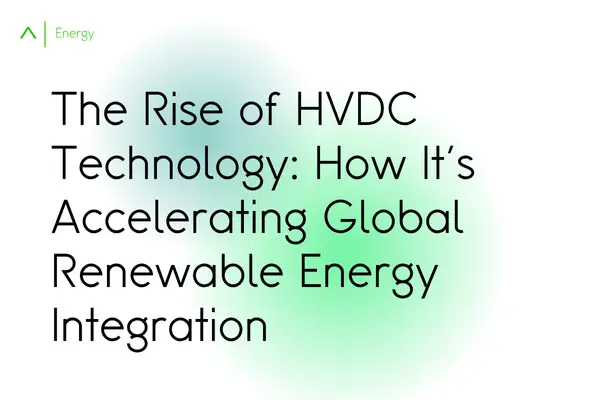Renewables rule new US capacity in 2021
23 Feb, 202110 minsMost new US electricity generating capacity in 2021 will be renewables, says the U.S. Energy...

Most new US electricity generating capacity in 2021 will be renewables, says the U.S. Energy Information Administration (EIA).
The EIA’s “Today in Energy” report says almost 40 GW of new utility-scale generating capacity is expected to start operating commercially in 2021. Solar will take up the biggest share at 39%, with wind at 31%, natural gas at 11%, and one new nuclear reactor, Georgia’s Vogtle plant, making up 3%. One notable surprise is battery storage, expected to make up as much as 11%.
According to the report, plant owners and project developers are expecting utility-scale solar to add a record-breaking 15.4GW to the grid this year, beating last year’s increase of just under 12GW. Four states will contribute more than half of this new solar capacity: Texas (28%), California (9%), Nevada (9%), and North Carolina (7%).
The EIA also predicts that an extra 4.1 GW of small-scale solar capacity will be in service by the end of the year.
Wind is expected to add 12.2 GW of capacity in 2021, down from 21GW last year. Texas and Oklahoma will be contributing over half of that capacity, with the biggest slice coming from Oklahoma’s 999 MW Traverse wind farm. 27 miles off Virginia Beach, the Coastal Virginia Offshore Wind project is slated to contribute 12 MW starting early in 2021.
6.6 GW of natural gas capacity is expected to come online this year: 3.9 GW of combined-cycle generators, plus 2.6 GW of combustion-turbine generators. Texas, Ohio, and Pennsylvania will contribute over 70% of new natural gas capacity.
The EIA predicts that utility-scale battery storage capacity will more than quadruple in the coming year, adding 4.3 GW to the US grid. This includes one of the world’s biggest solar-powered battery projects, Florida’s 409 MW Manatee Center.
The rapid growth of renewable energies is a major factor in the growth of battery power, as more and more battery systems are being paired with renewables.


